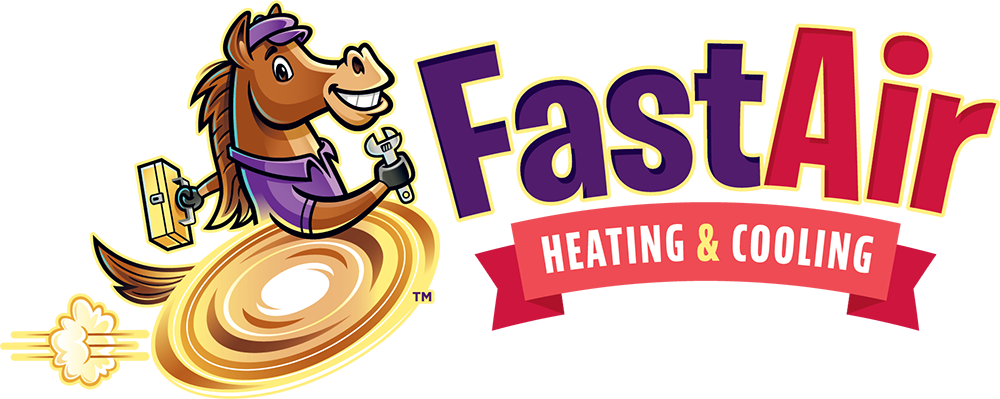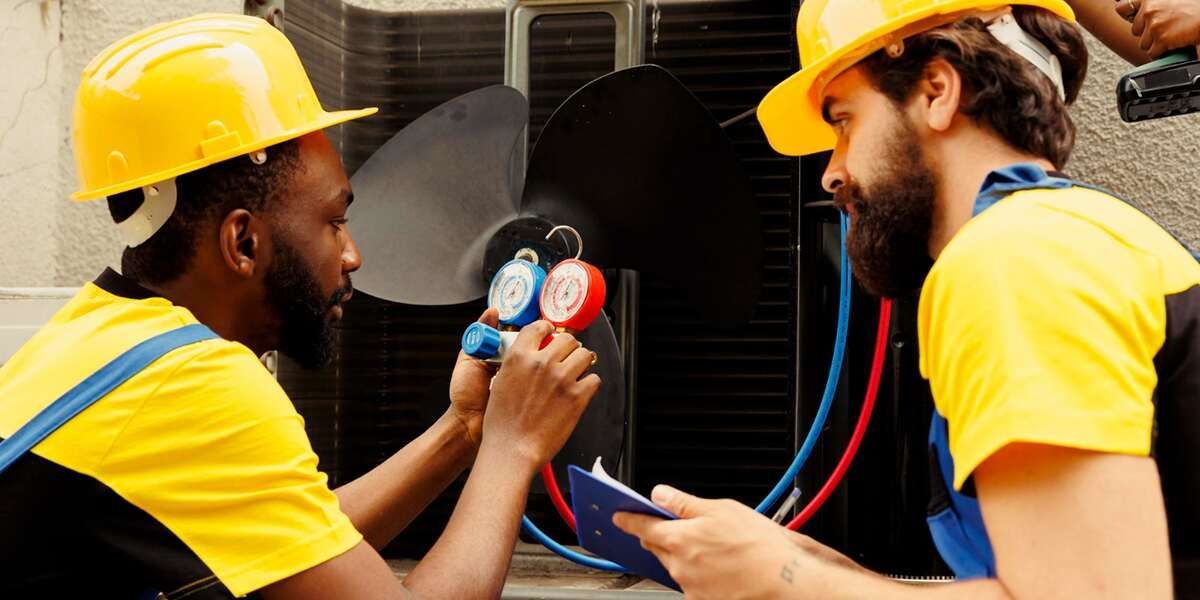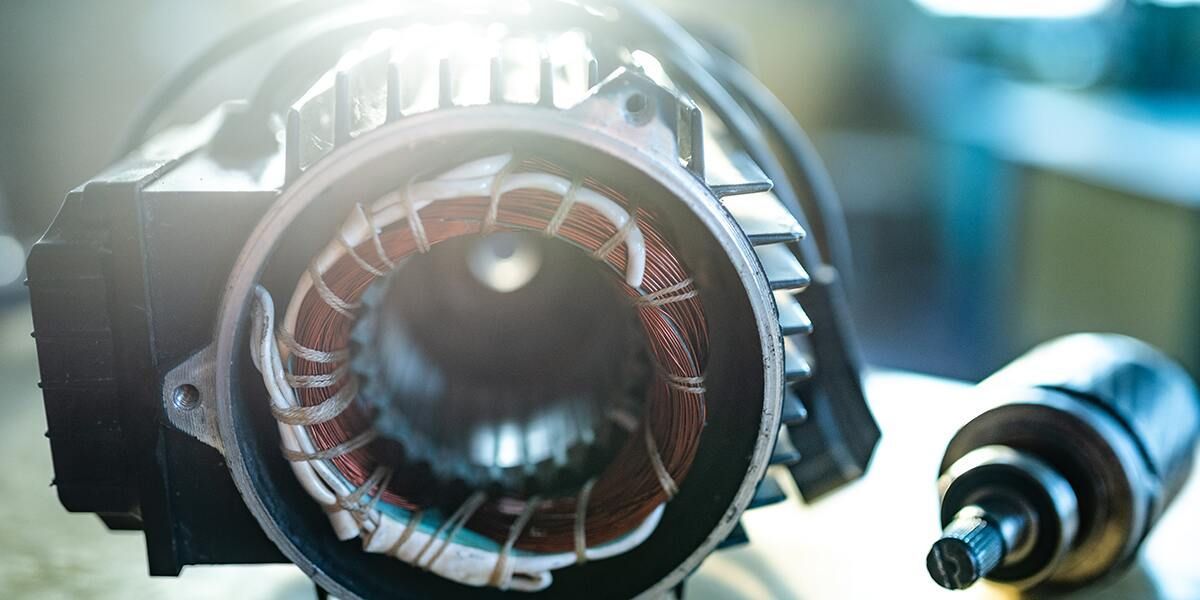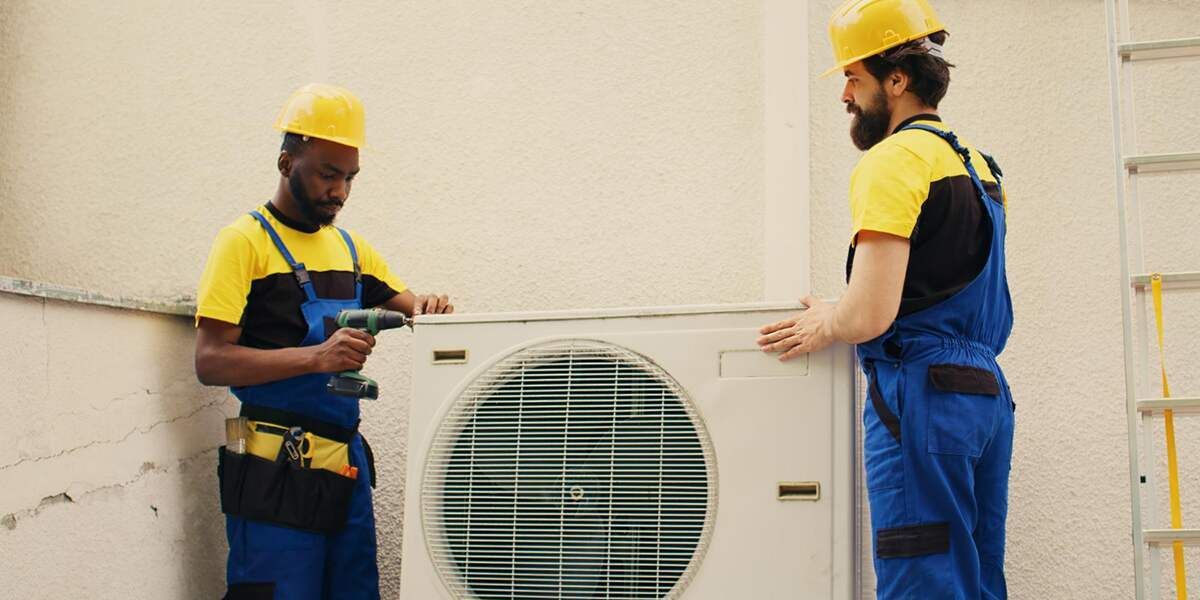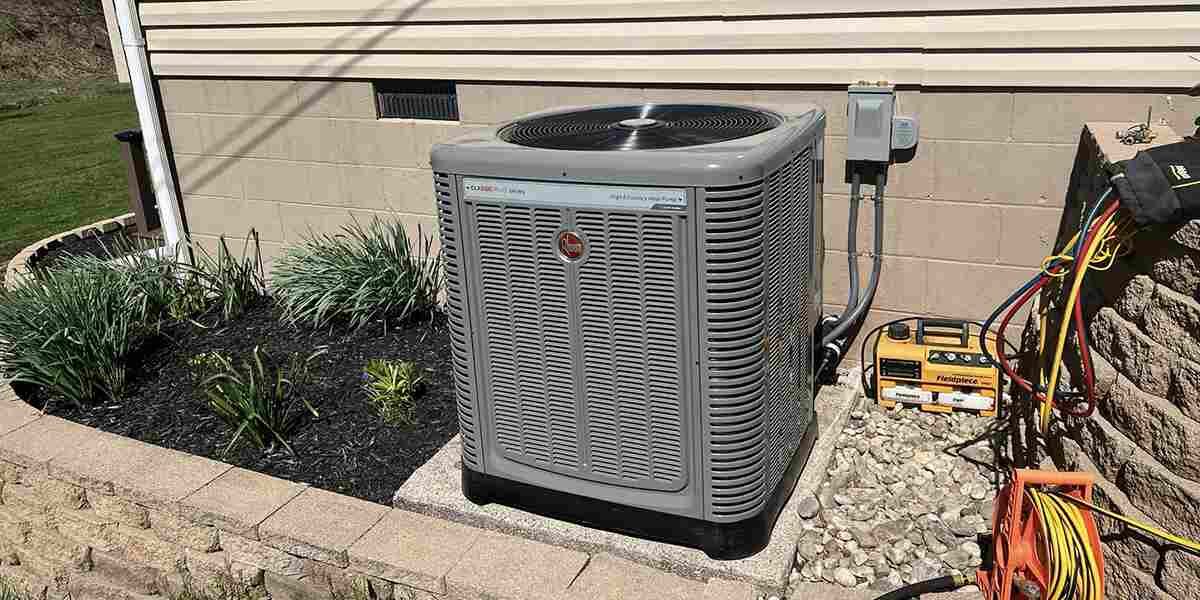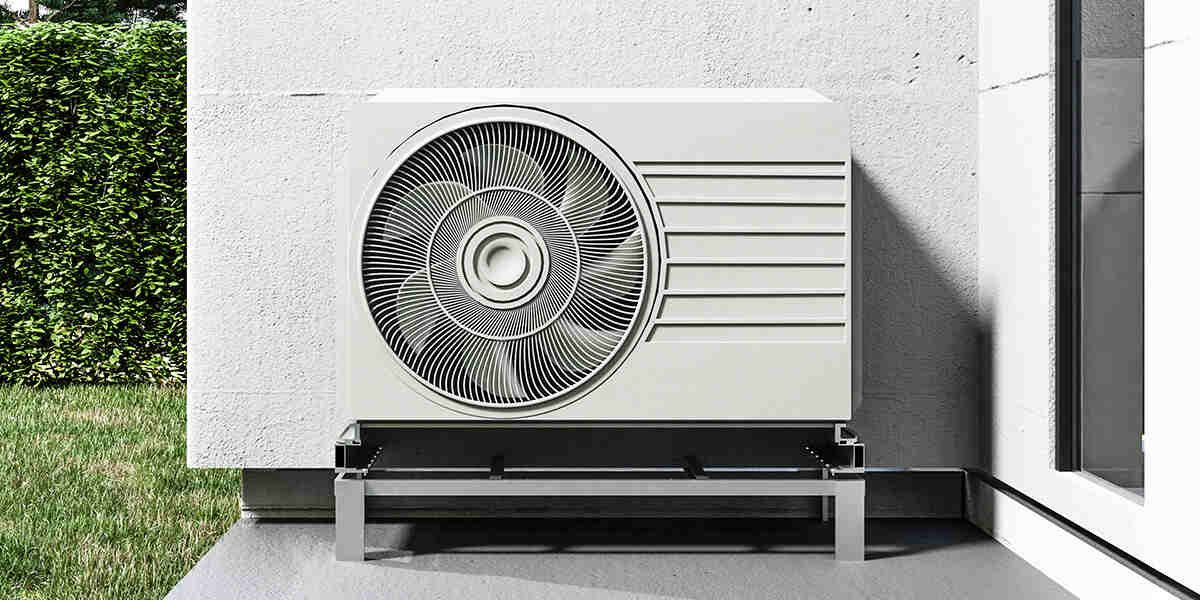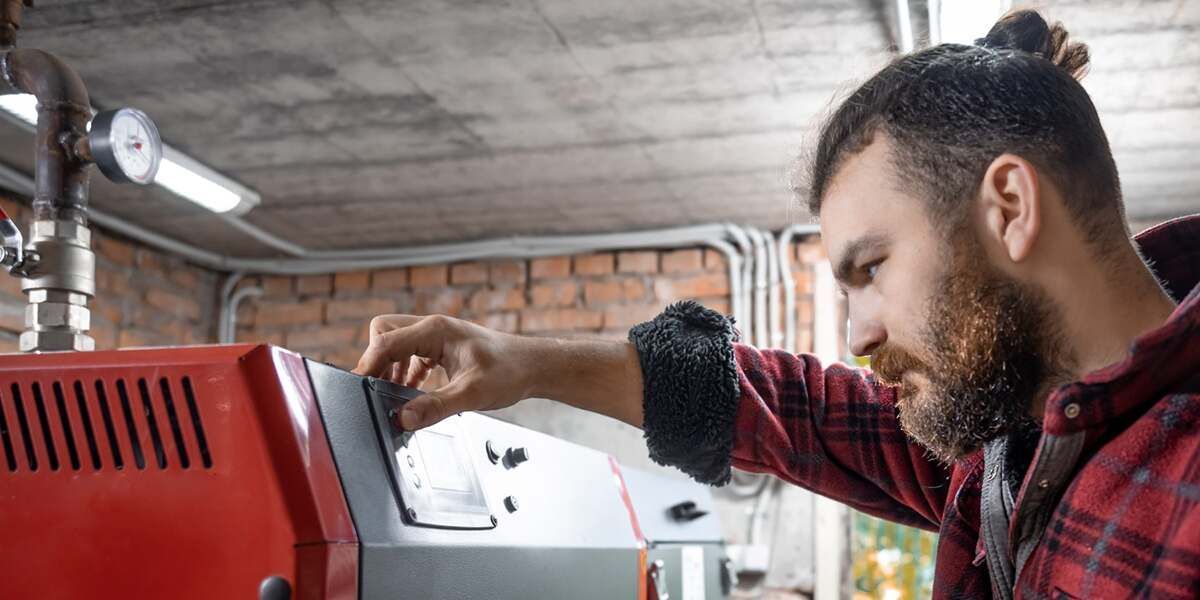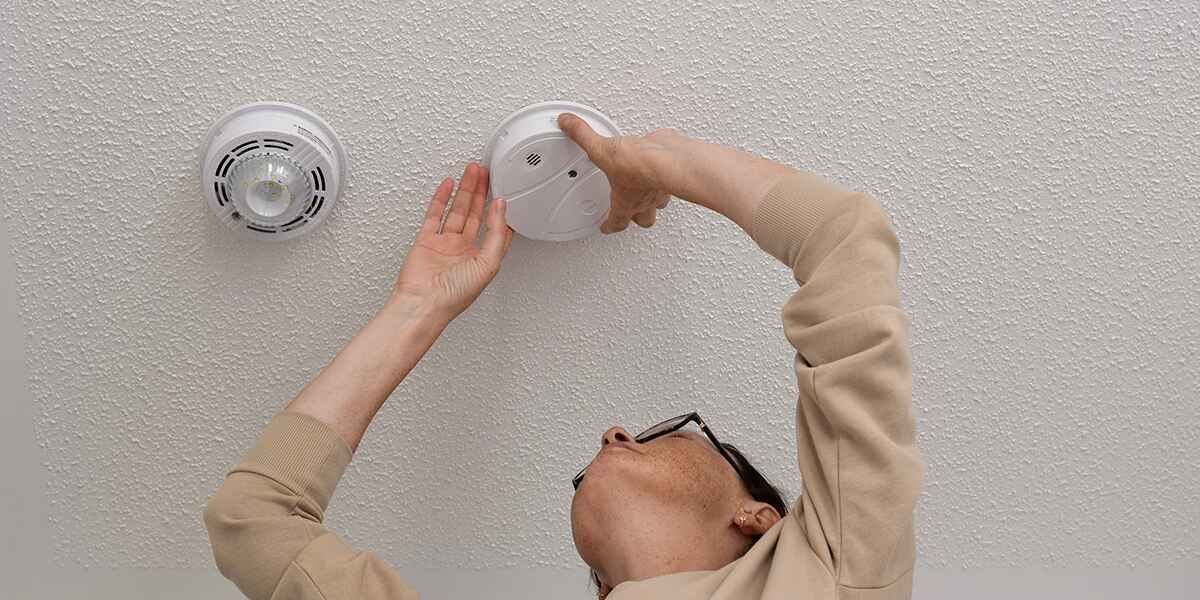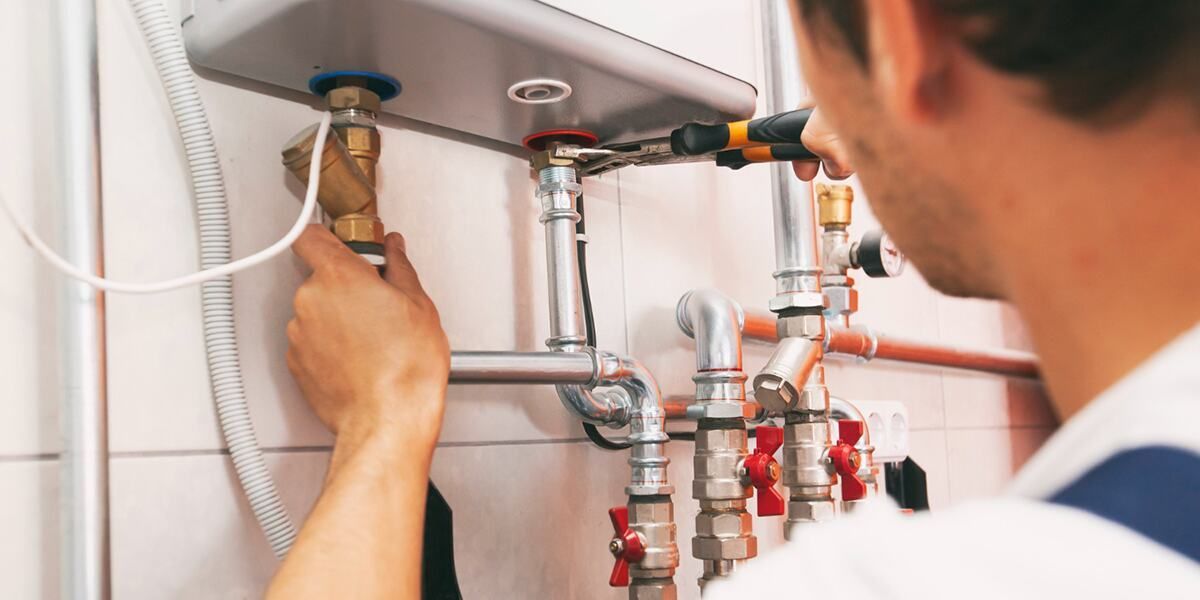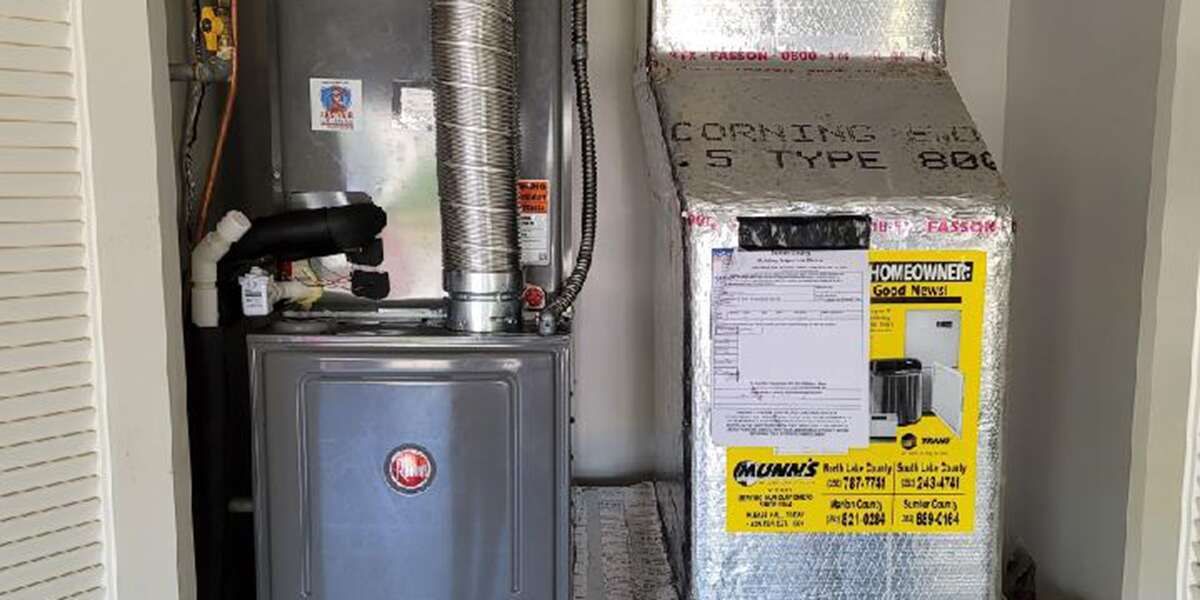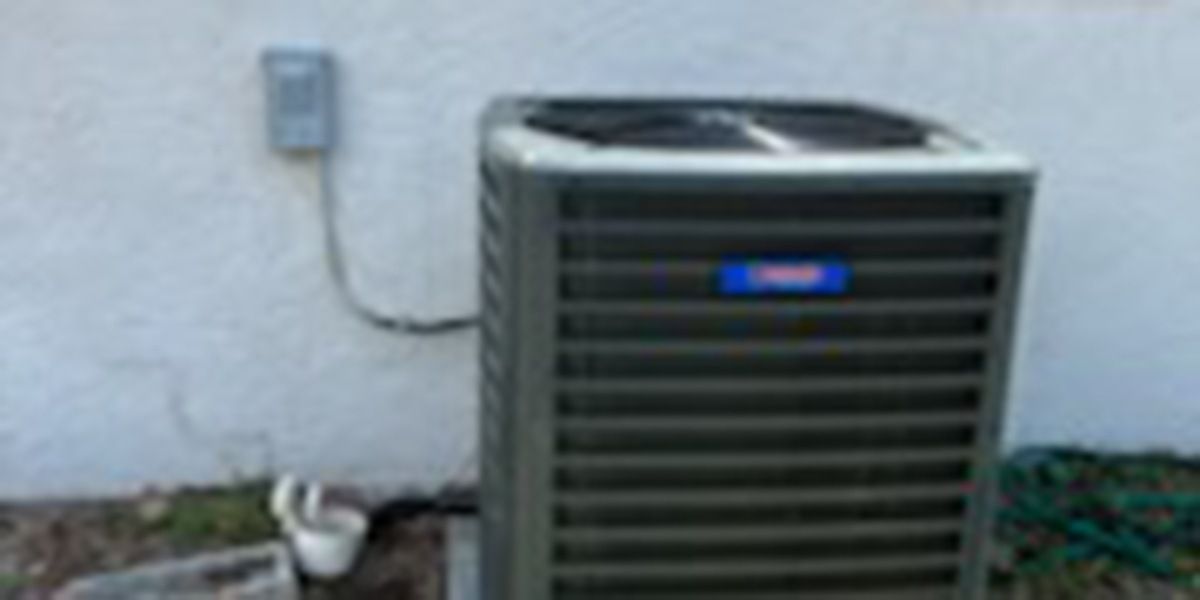EMERGENCY SERVICE AVAILABLE
What Is an HVAC Damper and How Does It Work?
Any time you need help with your home’s HVAC system, call the experts of Fast Air Repair to restore comfort to your home quickly. Reach us at (352) 290-7968.
Residential HVAC systems are surprisingly complex, with many components working together to provide consistent heating and cooling. While you’re likely familiar with the visible parts of the system, like the furnace or outdoor compressor unit, one you might not recognize is the damper. In this article, Fast Air Repair, Ocala’s reliable air conditioning service, addresses the question, “What is an HVAC damper?”
The Basics of Dampers in HVAC Systems
The simplest way to describe a damper in an HVAC system is a plate working like a valve or dam that moves to control the amount of airflow through the ducts. Regulating airflow helps maintain a consistent and comfortable temperature throughout the building and reduces energy consumption.
Dampers are often part of a zoned type of HVAC system, which divides your home into several sections. This setup allows you to control the temperature in each zone without heating or cooling the rest of the structure. For example, many HVAC systems have separate zones for the upper and lower levels or designate individual bedrooms as their own zones.
Using dampers to control airflows into different areas of your home is more effective than closing vents in rooms you don’t want to heat or cool. The dampers are closer to the air source, allowing them to redirect airflow better and help maintain more consistent pressure inside the ducts. Closing vents can cause ductwork air pressure to increase, which may eventually cause significant damage.
Different Types of Air Conditioning Dampers
While you might have already had the answer to “What is an HVAC damper?” you might not realize there are several types of HVAC dampers. Each works differently to accomplish the same goal when you run the air conditioning.
Automatic dampers have a remote-controlled motor that opens and closes the plate. They can work with your smart thermostat to redirect airflow based on your settings. For example, you can direct the system to deliver cool air to the bedroom at night and close the damper while you’re not at home during the day.
Manual dampers are a lower-cost alternative and require you to control the dampers by raising or lowering a valve on the outside of the duct. Depending on where you want to direct airflow, you simply open or close the damper on that duct.
Automatic or manual dampers allow you to control your HVAC system, but there are further distinctions and types to consider. Your HVAC installer can help you choose the best residential damper option from the following types:
- Butterfly flat dish, which has a round blade, hinge, and seal that close off round ducts and keep material from entering.
- Blade dampers, which have metal plates that block the chimney or the duct.
- Guillotine blades block the ducts completely and provide positive isolation, so they are only for temporary use while maintaining the HVAC ducts.
- Louver dampers, the most popular type, have slats that open and close like window blinds.
The Pros and Cons of Dampers in HVAC Systems
The main reason to add dampers to your HVAC system is to improve energy efficiency. Heating and cooling rooms when nobody’s using them wastes energy and drives up your monthly bills. Dampers can help cut energy consumption and slash monthly expenses.
Dampers can also make individual rooms more comfortable. Running the air conditioning throughout your home could leave some family members feeling too cold, but with a damper-controlled zone system, they can restrict the cool air in the space they occupy to ensure maximum comfort.
Zoning also helps you better manage temperature fluctuations in the home. Different factors, like large windows, can influence the temperature in each room, leading to spots that are warmer or colder than others. A zoned system lets you turn up the air conditioning in excessively warm rooms and turn it down in spaces that stay cooler.
For all the advantages of dampers, they do have some drawbacks. Installing dampers in an existing HVAC system can be complex and expensive. It’s a job best left to professionals, as it requires installing multiple plates to get the most from the investment, and all of them require special wiring to connect to the rest of the HVAC system.
Anytime you add mechanical components to the HVAC system, there’s the potential for something to go wrong. When that happens to the dampers, you will have to shell out the cash for repairs. At a minimum, dampers require annual maintenance checks to ensure they are in good working condition and don’t have any problems.
Is a Damper System Right for Your Home?
Before investing in your HVAC system, talk with a qualified professional about your options to determine whether it’s right for you. Dampers are typically well suited for homes with the following:
- Multiple occupants that have varied temperature preferences
- Large homes
- High utility bills due to heating and cooling expansive spaces
Despite the many advantages a damper system offers, the complexity and expense of adding one might not make sense for your budget or home. The only way to know for sure is to schedule a consultation with an HVAC technician who can also help identify alternatives to reduce expenses and support better overall comfort.
Get Help From Rapid Air Repair
Now that you have more information and answers to “What is an HVAC damper?” you probably have more questions about whether it’s a good choice for your home. Ocala, FL, residents trust Fast Air Repair for all their air conditioning needs, from annual maintenance and emergency repairs to total replacements with smart HVAC systems. Our friendly, reliable team of HVAC professionals strives to exceed your expectations and save you money with quality service and products.
For assistance with any HVAC concern or to learn more about installing dampers, give us a call today at (352) 290-7968.
Contact us for Service
Footer - Website Lead
We will get back to you as soon as possible.
Please try again later.
For emergency service, to get a free quote, or if you have questions or special requests, just drop us a line. We Look forward to serving you!
Hours Of Operation
- Mon - Sun
- Open 24 Hours
Emergency Service Available
All Rights Reserved | Fast Air Repair

